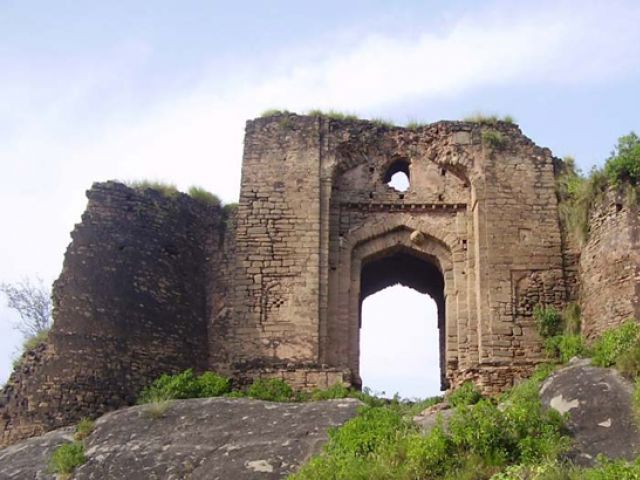
Speakers at Making Museums: Preserving National Heritage in Stressed Societies session stressed the need for raising awareness among communities about the importance of archeological sites and artifacts as their shared heritage.
Noor Agha Noori, an archaeologist with the National Museum of Afghanistan, said it was important to inculcate a sense of public ownership of these sites to ensure success of preservation efforts. “People should be made to understand that statues do not endanger Islam,” he said.
He said that more than 120,000 artifacts had been recovered and given to the museum since the start of excavation efforts. He said 2,500 statues from the museum’s collection had been destroyed during Taliban rule.
Noori said destruction of heritage sites in Syria and Iraq had been ideologically motivated. In Afghanistan, he said, such activities had been motivated only by greed.
Nancy Dupree, director of the Afghan Centre at Kabul University, also endorsed the view.
Recalling her experience in Afghanistan during Taliban rule, she said that when incidents of looting and plunder were brought to his attention Mullah Omar had assured assistance for protection of heritage sites. She said Omar had not approved of the Taliban cabinet decision in 2001 to destroy the Bamiyan Buddha statue. “He was soft on heritage issues. It had been a loss for him,” she said.
She said archaeologists had left heritage sites during the Soviet invasion and the Taliban rule. This had allowed traffickers to steal and sell artifacts to private collectors.
She said during her association with the museum she had reached out to the collectors and impressed upon them the importance of returning these artifacts. She said there had been some success and items were being returned now.
Abdul Hafiz Latify, another archaeologist with the National Museum of Afghanistan, showed photos of damage to museums in Afghanistan over the years. He said a number of artifacts present in these museums had been destroyed. Inventories had also been destroyed, he added. From 2001 onwards, he said the national museum had started efforts to catalogue artifacts with help from international organisations.
Latify stressed the need for better vigilance of heritage sites globally. He said that in most instances so far irreversible damage had already been done to heritage sites by the time there was a decision at the international level to respond to the situation. He said Arab states should play a proactive role to ensure protection of heritage sites in Syria.
Earlier, moderator Ahmed Rashid presented a lifetime achievement award to Dupree for her extensive work in cataloguing of heritage sites in Afghanistan.
Rashid said a guidebook developed by Dupree had served as the core document for researchers and archaeologists engaged in efforts to revive the national museum.
Published in The Express Tribune, February 22nd, 2016.













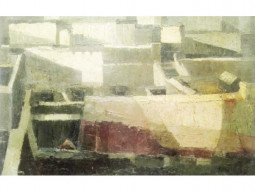
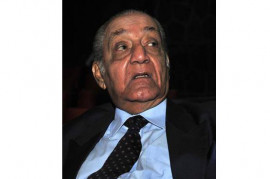
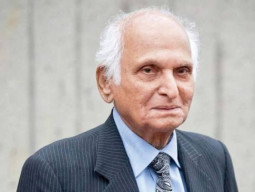
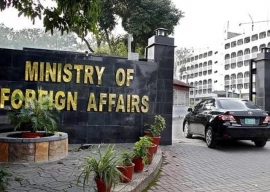



















COMMENTS
Comments are moderated and generally will be posted if they are on-topic and not abusive.
For more information, please see our Comments FAQ